Reduced Maintenance Requirements
One of the primary advantages of a Self-Lubricating Bearing is the significant reduction in maintenance requirements. Unlike standard bearings that require frequent lubrication with grease or oil, self-lubricating bearings contain embedded lubricants or special materials that provide continuous friction reduction. This feature minimizes downtime for industrial machinery and decreases labor and maintenance costs over the equipment’s lifecycle.
Enhanced Durability and Wear Resistance
Self-Lubricating Bearings are typically made from high-performance materials such as PTFE composites, bronze, or polymers with embedded solid lubricants. These materials provide superior wear resistance and durability under heavy loads and harsh conditions. As a result, self-lubricating bearings maintain their operational performance longer than conventional lubricated bearings, reducing the frequency of replacements and extending machinery lifespan.
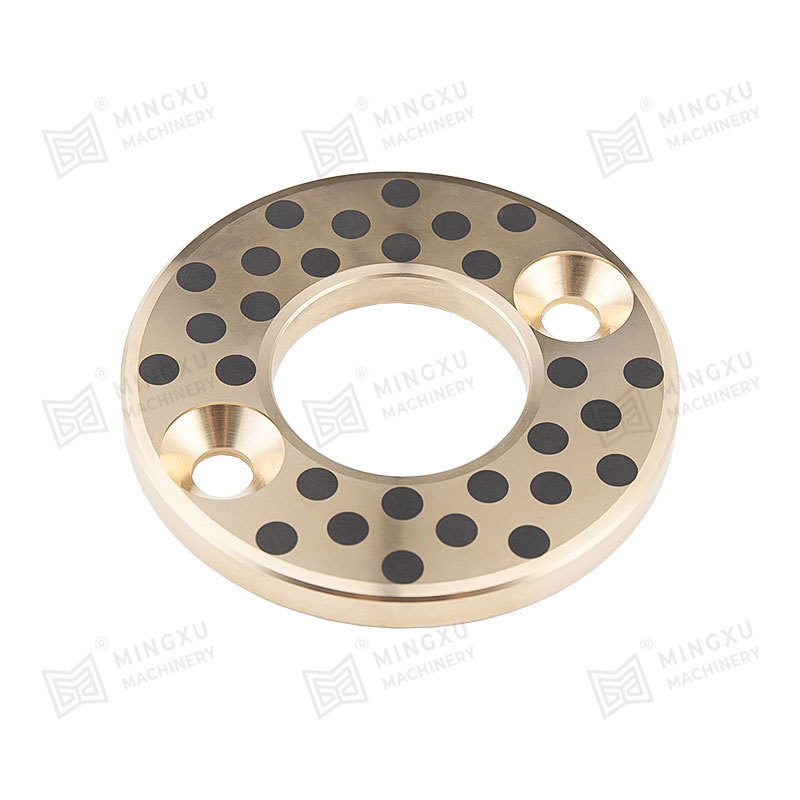
Improved Operational Efficiency
By eliminating the need for external lubrication, self-lubricating bearings reduce energy losses caused by friction variations due to inadequate lubrication. This leads to smoother operation and increased efficiency in mechanical systems. Equipment utilizing self-lubricating bearings can operate at more consistent speeds and with less vibration, contributing to overall productivity improvements.
Reliability in Contaminated Environments
Self-Lubricating Bearings perform exceptionally well in environments where contamination from dust, dirt, or moisture can compromise traditional bearings. Since these bearings do not rely on external lubricants, the risk of lubricant contamination is minimized, ensuring reliable performance even in challenging conditions such as chemical plants, food processing lines, and outdoor machinery.
Cost-Effectiveness Over Time
Although self-lubricating bearings may have a higher upfront cost than standard lubricated bearings, the long-term savings are substantial. Reduced maintenance, extended lifespan, and decreased risk of unexpected failures contribute to lower total operational costs. Companies benefit from fewer shutdowns, reduced labor for lubrication, and minimized spare part inventory.
Summary of Advantages
| Advantage |
Description |
| Reduced Maintenance |
Continuous lubrication reduces downtime and labor costs |
| Durability |
High-performance materials resist wear and extend lifespan |
| Operational Efficiency |
Consistent friction reduction improves machinery performance |
| Contamination Resistance |
Effective even in dusty, wet, or harsh environments |
| Cost-Effectiveness |
Lower total operational costs over time despite higher initial investment |
Conclusion
Overall, Self-Lubricating Bearings provide a combination of reliability, efficiency, and long-term cost savings that make them highly advantageous over standard bearings requiring external lubrication. Their durability, low maintenance, and ability to perform in contaminated environments make self-lubricating bearings a preferred choice in modern industrial applications and automated machinery.




 English
English Español
Español
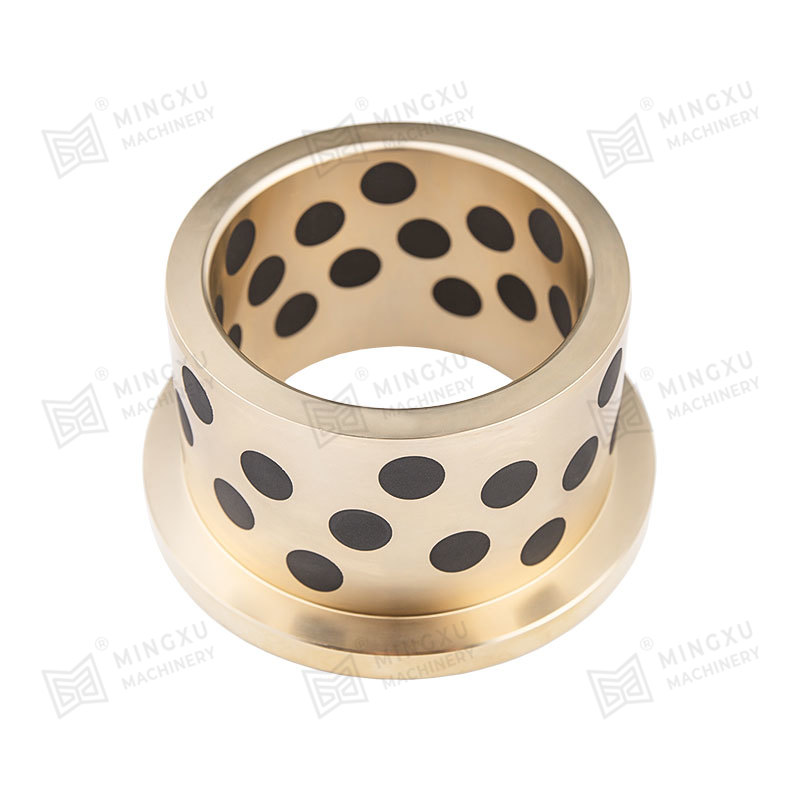
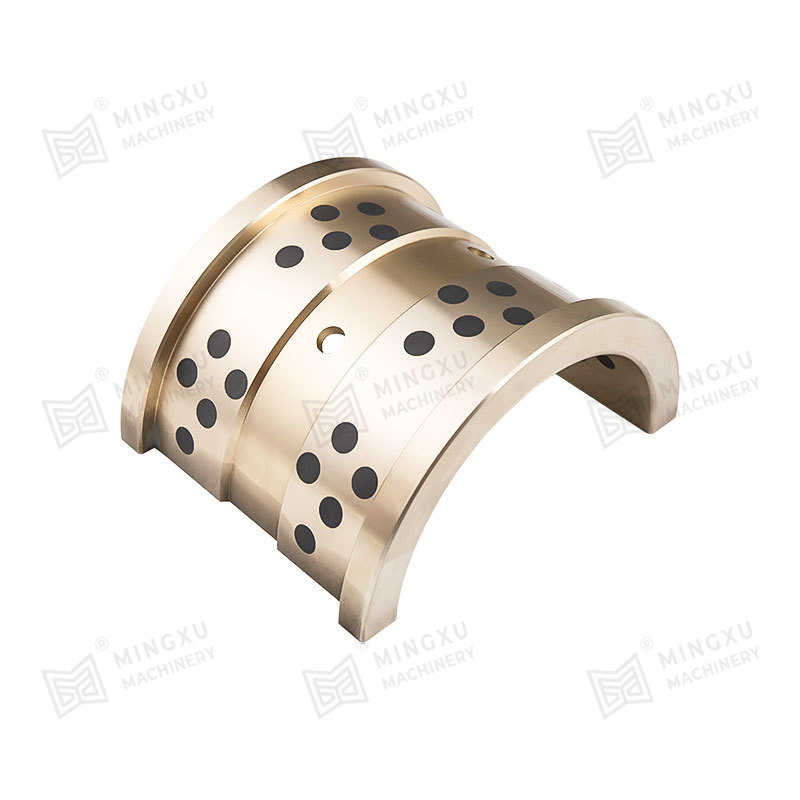
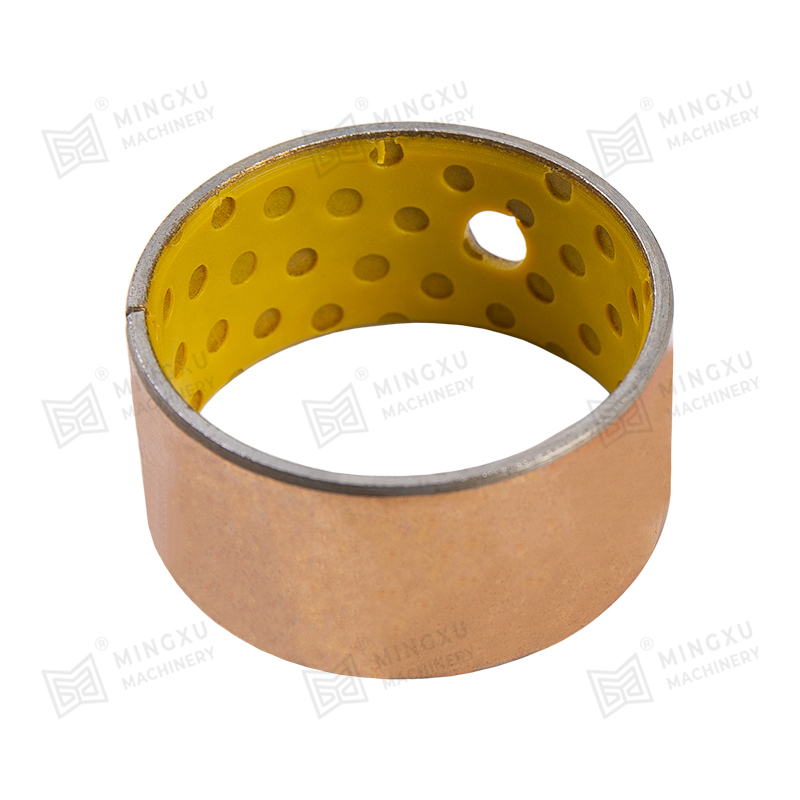
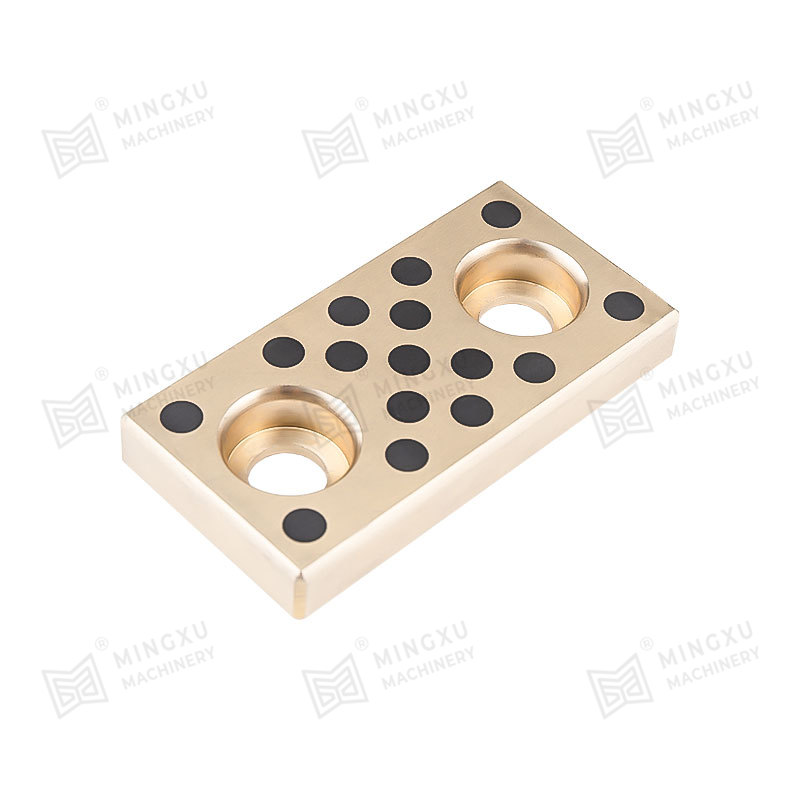
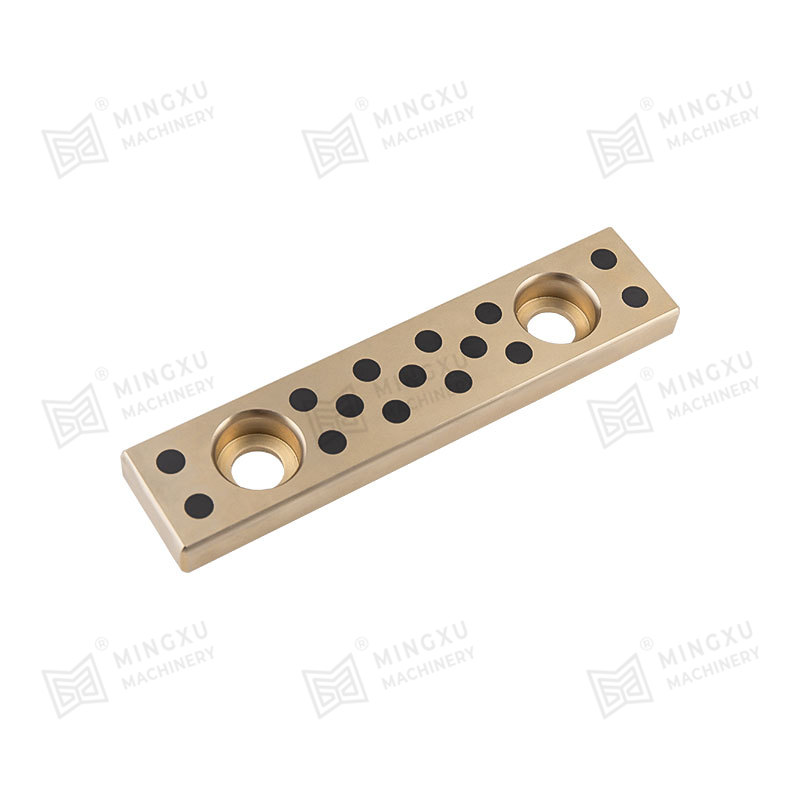
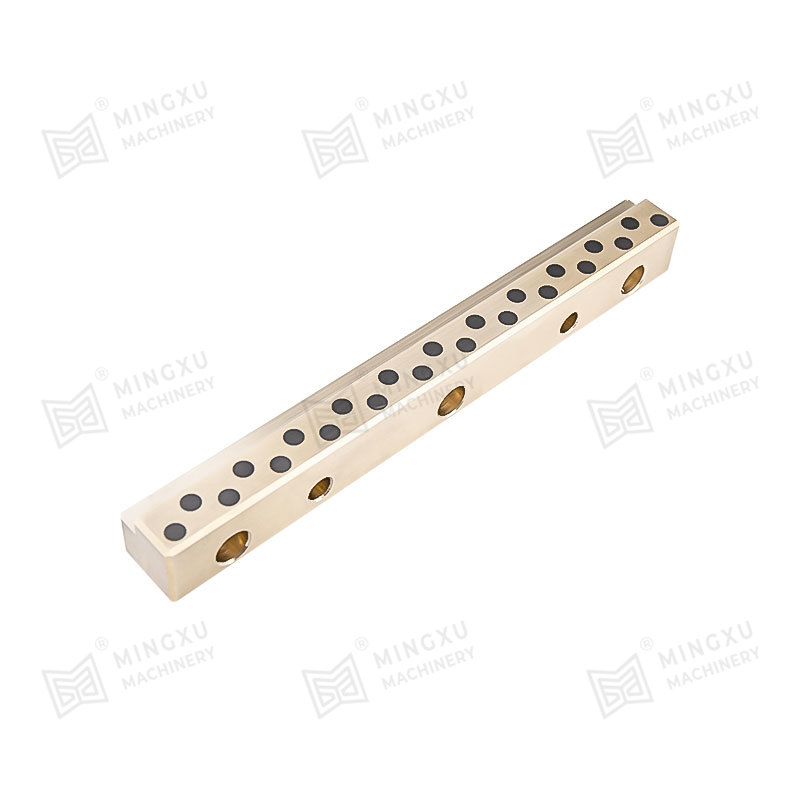
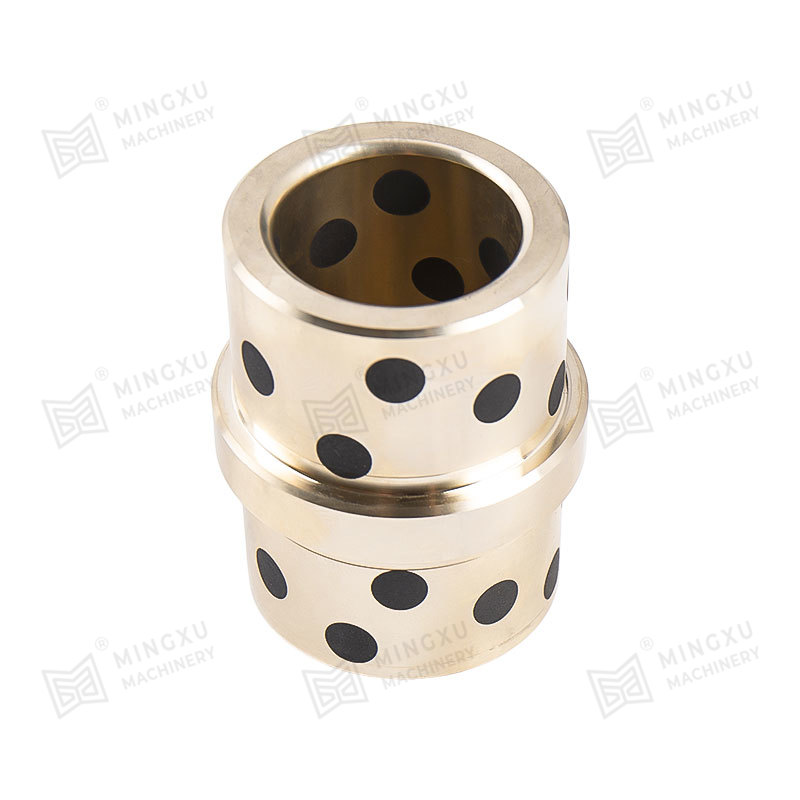
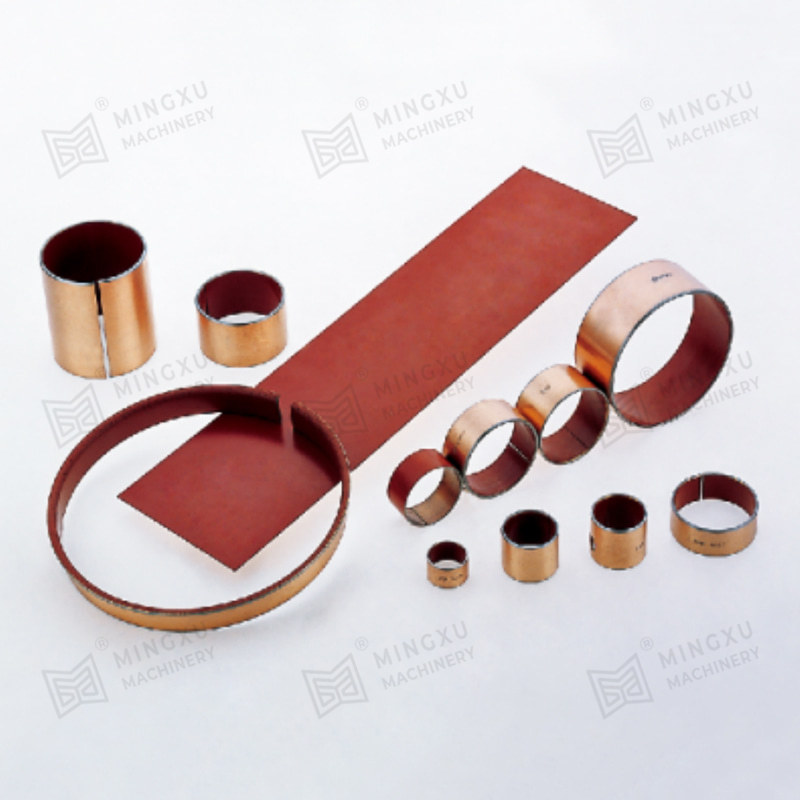
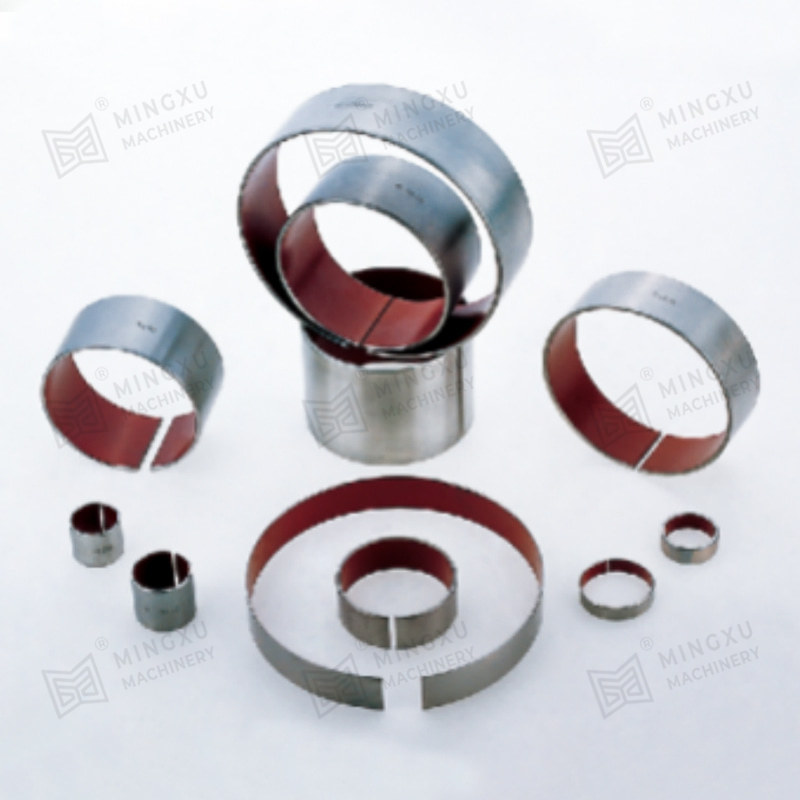
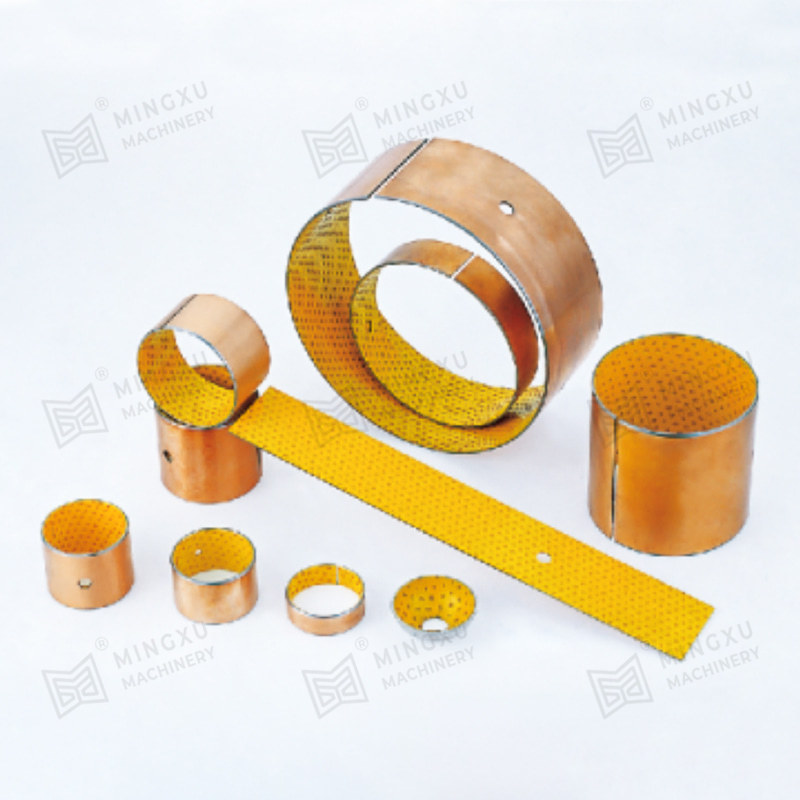







Contact Us